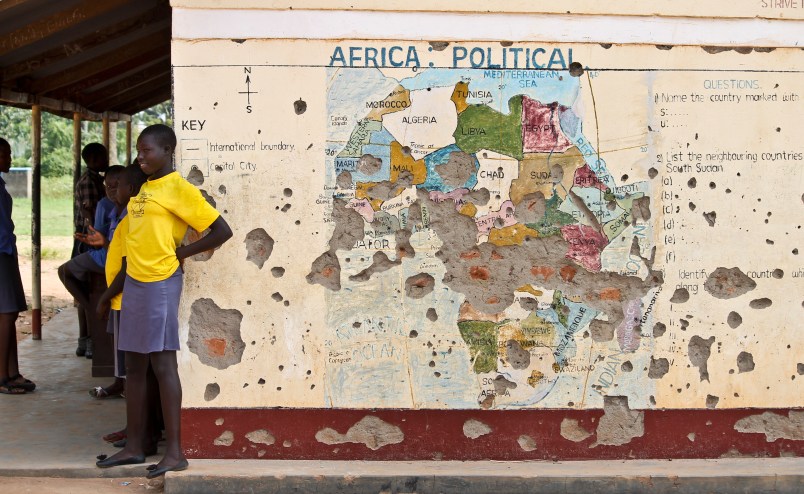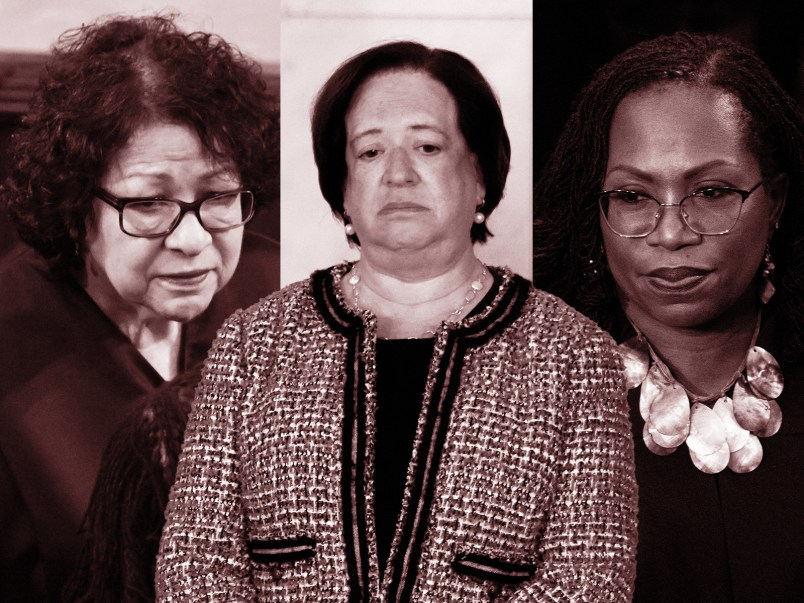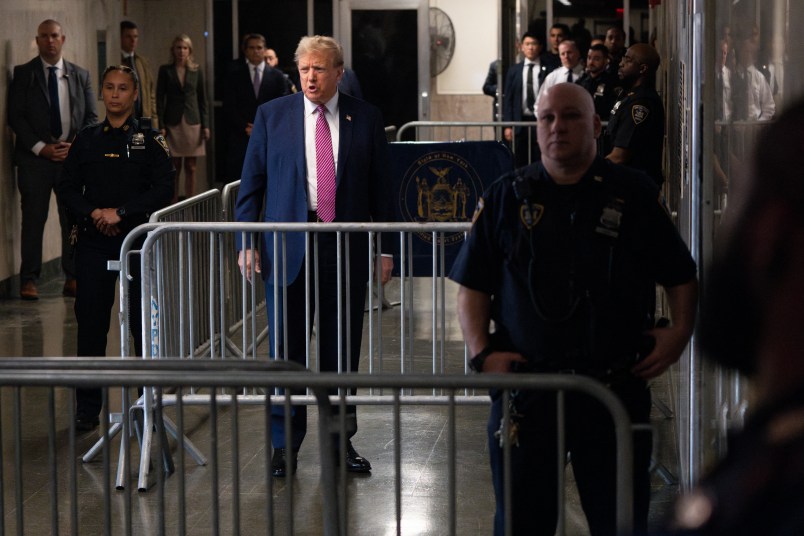WASHINGTON (AP) — The United States is poised to permanently lift sanctions on Sudan, U.S. officials said Thursday, bringing the African nation further into the international fold after decades of isolation, war and abuses.
The Trump administration will complete a process that former President Barack Obama started in January, when he temporarily lifted the penalties. An announcement is expected as early as Friday, the officials said. The officials spoke on condition of anonymity because Congress has yet to be notified.
In justifying the decision, the administration will assert that Sudan has continued making progress on several areas of concern, officials said. The U.S. has been calling on Sudan to expand humanitarian access, improve human rights, cooperate on counterterrorism and reinforce a cease-fire in conflict areas.
Yet human rights groups have vehemently disputed the notion that Sudan has put its history of abuses behind it. In its annual human rights reports, the U.S. State Department has continued to assert that Sudan’s “authoritarian” government flouts the rule of law, attacks civilians in Darfur and other conflict zones, and lets its security forces commit abuses with impunity
Opposition groups have also argued that lifting the sanctions would strengthen Sudanese President Omar al-Bashir, who is wanted by the International Criminal Court on genocide charges linked to the Darfur conflict.
Still, the U.S. has sought to strengthen Sudan’s ability to address profound security challenges in a difficult region in which many of its neighbors are deeply unstable. The move also follows a lengthy lobbying campaign by Israel and Saudi Arabia, close U.S. allies that have sought to encourage Sudan’s recent moves away from their mutual rival: Iran.
The sanctions decision permanently ends a U.S. economic embargo on Sudan, removing longstanding restrictions on trade and financial transactions. Business with oil and gas industries in Sudan, such as pipelines and oil field services, will be permitted.
Yet Sudan is expected to stay on the State Department’s list of state sponsors of terrorism, until a separate review determines whether it can be removed. That undesirable designation carries its own penalties, including a ban on weapons sales and restrictions on U.S. aid. Only two other countries are currently on the list: Syria and Iran.
The State Department did not respond to a request for comment.
Just before leaving office in January, Obama issued an executive order lifting decades-old Sudan sanctions on a probationary basis. Temporary sanctions relief took effect immediately, and was to become permanent in July unless the Trump administration acted to stop it.
President Donald Trump issued a new executive order just before that July deadline that delayed the relief becoming permanent, giving his administration three more months to make a final decision. That three-month extension is set to expire on Oct. 13 if further action isn’t taken to keep sanctions in place.
The July delay infuriated al-Bashir’s government, which immediately announced it was freezing negotiations with the United States in retaliation. Sudanese Foreign Minister Ibrahim Ghandour said at the time that he saw the easing of the sanctions as “a right” and that Sudan would reject any other decision.
Sudan was one of the countries on Trump’s temporary travel ban in January, but it came off the list when his administration issued its new set of travel restrictions last month. Sudan was the only country to be removed from the new list, which also added restrictions on several additional countries.
The Obama administration justified its initial move toward lifting the sanctions by citing improved counterterrorism efforts and other progress in Sudan. But human rights activists have said the sanctions should stay in place. And several dozen U.S. lawmakers had urged Trump to delay a final decision by a full year.
Last week, the Republican chairmen of the Senate and House judiciary committees urged caution before lifting sanctions in a letter to Secretary of State Rex Tillerson. Iowa Sen. Chuck Grassley and Virginia Rep. Bob Goodlatte noted Sudan’s “historical support of international terrorism” and argued the U.S. must first secure commitments that American victims and their families will be compensated.
Sudan has been under U.S. financial sanctions since the 1990s, when it was briefly home to Osama bin Laden and accused of sponsoring terrorism.
The U.S. had worked to isolate Sudan since the military coup that brought al-Bashir to power in 1989.









